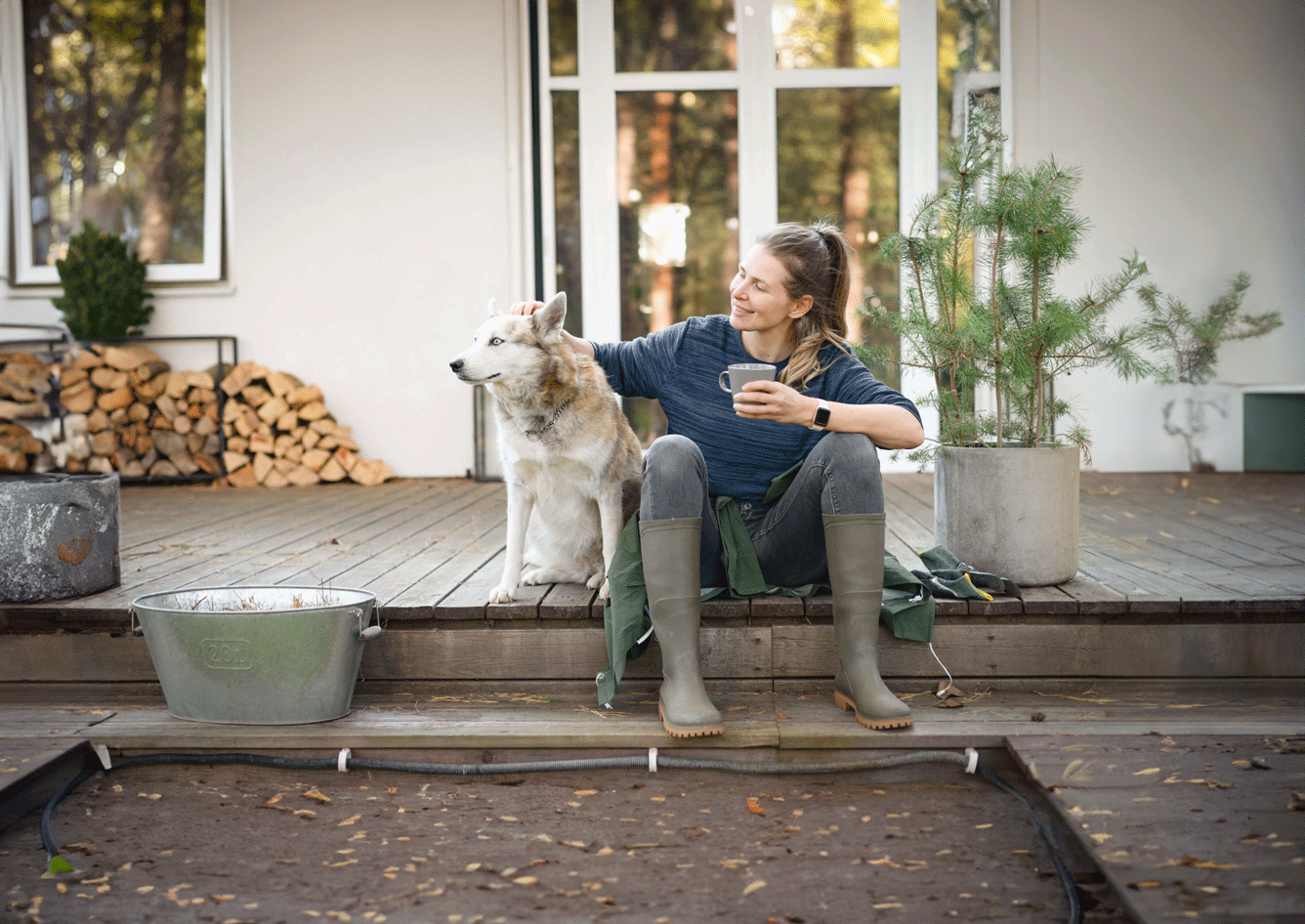Welcome to Boroondara Vet Hospital
Your local vet in Canterbury and inner east Melbourne.


When your pet visits our vet on Canterbury Road for the first time, we’ll begin by conducting an extensive wellness exam. Our vet will look at the condition of your pet’s skin, fur, eyes, teeth, and gums to get a sense of their overall well-being. We’ll also ask you various questions about your pet’s health. Have you noticed any changes in their appetite or behaviour? Does your pet have a history of health problems? Afterward, we’ll create your pet’s personalized treatment plan that outlines our recommended veterinary services. We can also adjust your pet’s plan at any time.

Mon: 8:00 am to 6:00 pm
Tue: 8:00 am to 6:00 pm
Wed: 8:00 am to 6:00 pm
Thur: 8:00 am to 6:00 pm
Fri: 8:00 am to 6:00 pm
Sat: closed
Sun: closed
